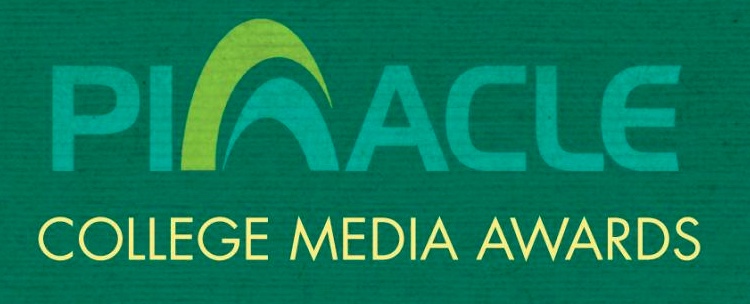An Ethical Analysis of the Trump Effect on Student Media
Brittany Fleming, Ph.D.
Slippery Rock University
Mark Zeltner, Ph.D.
Slippery Rock University
Cody Nespor, B.S.
University of West Virginia
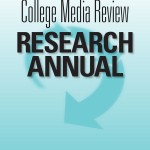 Abstract: On March 31, 2018, a Pennsylvania state representative used Twitter to confront and challenge the ethics of a student journalist, tweeting “…and then there is the “Editor in Chief” of the student blog/paper @CodyNesporSRU who pushes a lib agenda and [is] a horrible writer” to the feeds of his 5,500+ Twitter followers. Closely resembling the social media etiquette of President Donald Trump, or what we will refer to as the Trump Effect, this post caught the attention of not only the student journalist mentioned in the tweet, but student media advisers and professional journalists across the country. Unfortunately, this type of behavior is becoming more common in our society and student journalists need a framework for dealing with similar issues.
Abstract: On March 31, 2018, a Pennsylvania state representative used Twitter to confront and challenge the ethics of a student journalist, tweeting “…and then there is the “Editor in Chief” of the student blog/paper @CodyNesporSRU who pushes a lib agenda and [is] a horrible writer” to the feeds of his 5,500+ Twitter followers. Closely resembling the social media etiquette of President Donald Trump, or what we will refer to as the Trump Effect, this post caught the attention of not only the student journalist mentioned in the tweet, but student media advisers and professional journalists across the country. Unfortunately, this type of behavior is becoming more common in our society and student journalists need a framework for dealing with similar issues.
Using a modified version of the Potter Box created by Loy D. Watley (2014) as an analytical framework, this case study examines the aforementioned student journalist’s ethical action and response to the state representative’s tweet. Alternative outcomes to this specific situation will be discussed, as well as recommendations on how to handle the Trump Effect in the future, without harming the reputation of the journalist. Continue reading “Research (Vol. 55): Bullied on Twitter”

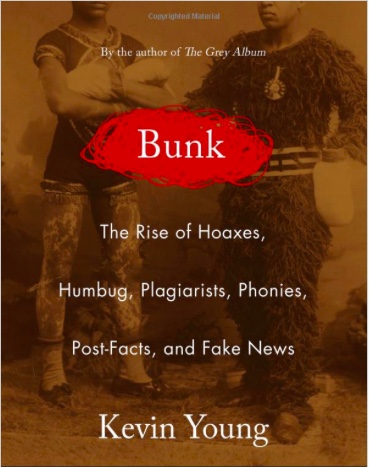 You can be forgiven if the barrage of fake news, accusations of fake news, threats of fake news, and disputes about fake news have sent your head spinning for the past year or two. Since the term fake news has invaded our national conversation only relatively recently, it is entirely understandable to desire to take a step back and learn more about the phenomenon and how we got to where we are.
You can be forgiven if the barrage of fake news, accusations of fake news, threats of fake news, and disputes about fake news have sent your head spinning for the past year or two. Since the term fake news has invaded our national conversation only relatively recently, it is entirely understandable to desire to take a step back and learn more about the phenomenon and how we got to where we are. 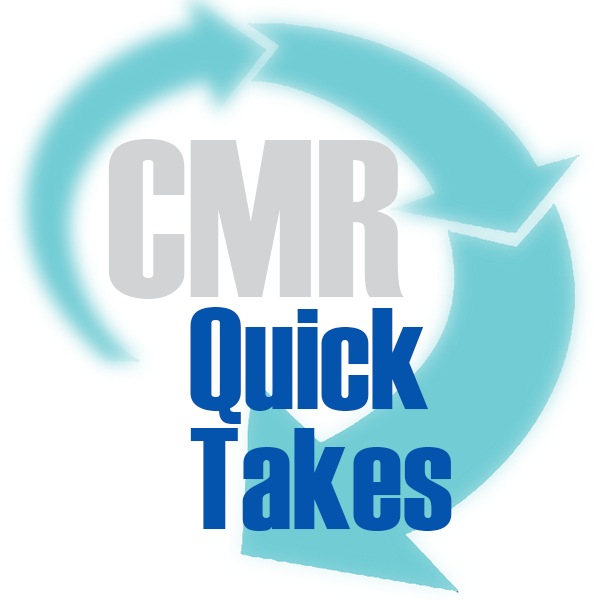 “Student research has been shown to be a high-impact educational practice,” said Kelly Messinger, committee member and adviser at Capital University. “We want to acknowledge traditional and non-traditional kinds of scholarship. Elizabeth R. Smith, Lisa Lyon Payne and I are looking forward to seeing projects students will be submitting. We welcome anyone who wants to help.”
“Student research has been shown to be a high-impact educational practice,” said Kelly Messinger, committee member and adviser at Capital University. “We want to acknowledge traditional and non-traditional kinds of scholarship. Elizabeth R. Smith, Lisa Lyon Payne and I are looking forward to seeing projects students will be submitting. We welcome anyone who wants to help.”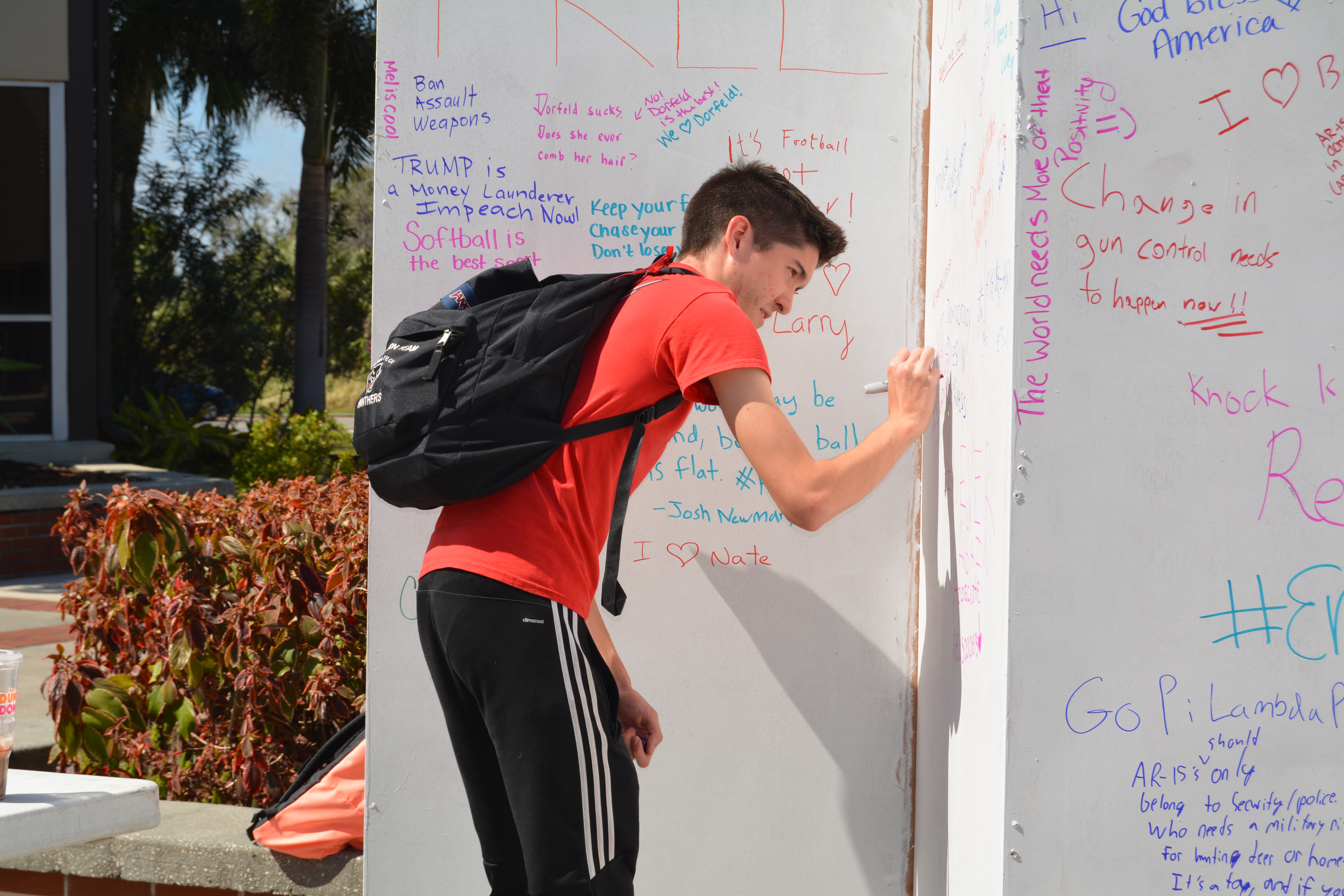
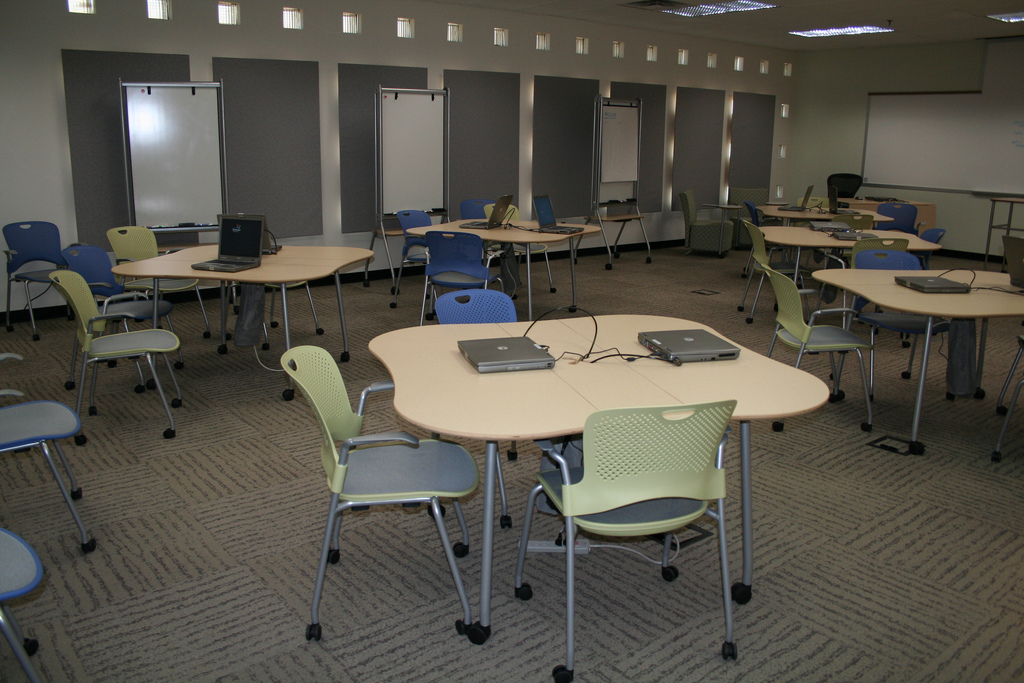 The Five Ws of College Media Training
The Five Ws of College Media Training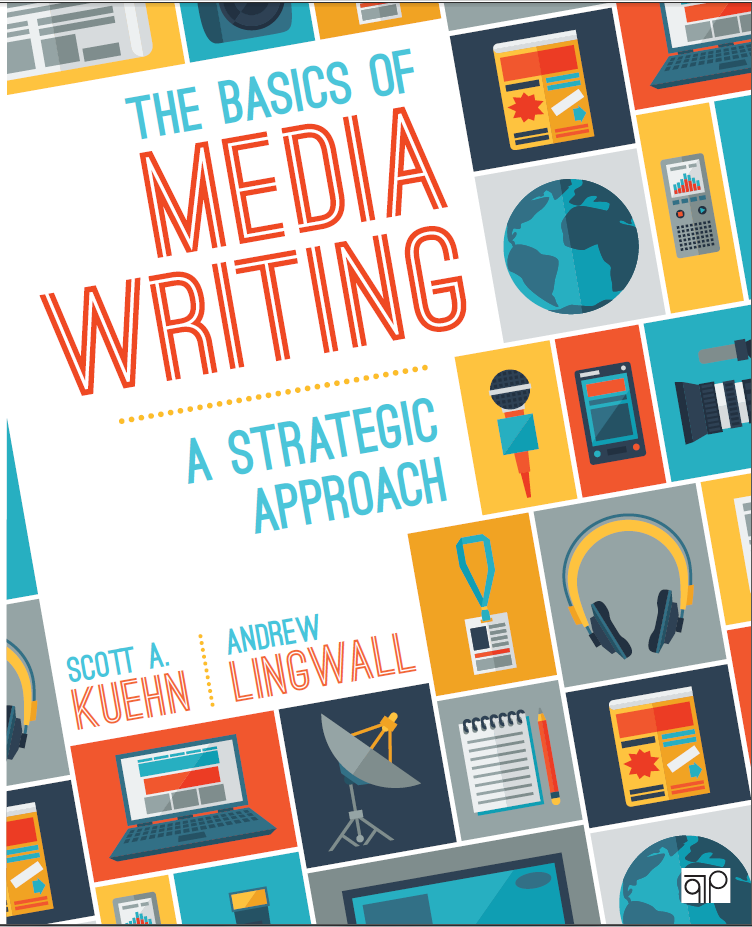
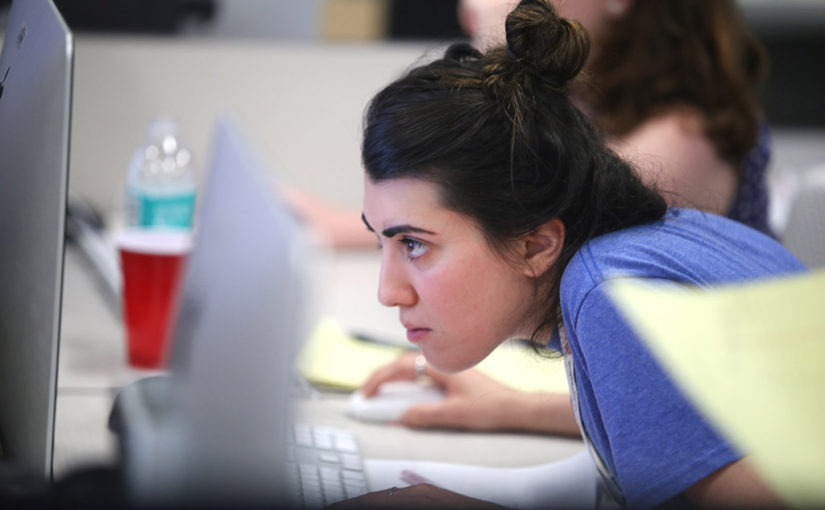
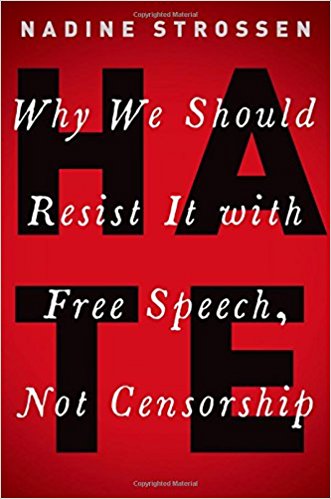 These are perilous times for free speech on college campuses. So many invited speakers are being “uninvited” because of their disfavored views that the Foundation for Individual Rights in Education (FIRE) maintains a database of “Disinvitation Attempts.” Students have faced expulsion and faculty members have faced punishment, including dismissal, for talks, online posts, or otherwise expressing disfavored views. College newspapers have been forced to apologize for stories or advertisements labeled as offensive “hate speech.” Some have experienced the theft of newspapers from their racks. And college media advisers are increasingly fearful for their own jobs and the very existence of their media outlets due to their publication of content that might be perceived as unpopular or unwelcome.
These are perilous times for free speech on college campuses. So many invited speakers are being “uninvited” because of their disfavored views that the Foundation for Individual Rights in Education (FIRE) maintains a database of “Disinvitation Attempts.” Students have faced expulsion and faculty members have faced punishment, including dismissal, for talks, online posts, or otherwise expressing disfavored views. College newspapers have been forced to apologize for stories or advertisements labeled as offensive “hate speech.” Some have experienced the theft of newspapers from their racks. And college media advisers are increasingly fearful for their own jobs and the very existence of their media outlets due to their publication of content that might be perceived as unpopular or unwelcome.